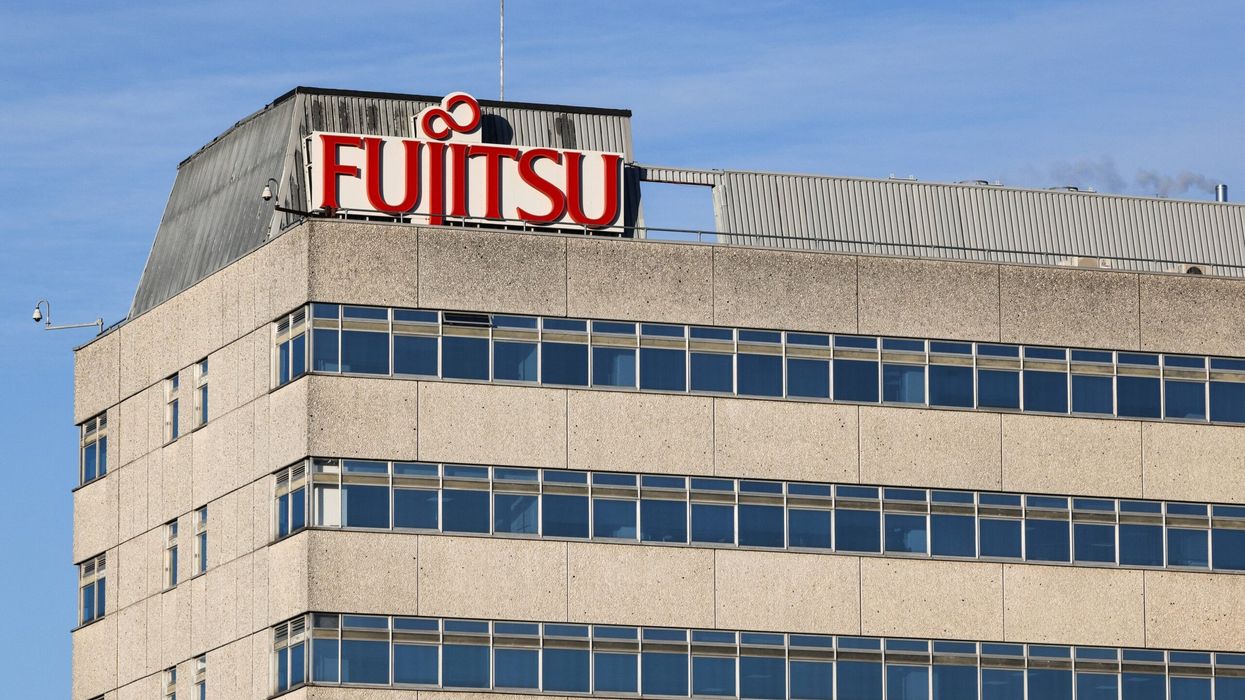SEVERAL Tory MPs, Labour party and steel industry leaders on Saturday (19) accused the government of damaging the "already struggling" British steel industry.
The group are furious about a proposal made by a government body to immediately end the protections inherited from the EU to safeguard UK steel producers.
The Trade Remedies Authority (TRA) under the Department for International Trade has made this recommendation.
“The TRA’s decision to terminate steel safeguards for half of the product categories exposes the UK’s steel sector to uncontrolled surges in imports and is a hammer blow,” said Gareth Stace, director general of UK Steel, which represents the industry.
“The UK government is squandering the opportunity to make Brexit work for domestic industry and is letting an arm’s length body harm the British steel sector, not support it. We want to work with the government to level up Britain, instead they are levelling down our steel sector,” he added.
Labour on Monday (21) will stage a Commons debate and vote on the issue.
If the government removes the protection, there will be an influx of cheap steel imports that will hit British steel industry, said shadow business secretary Ed Miliband.
“We should be using every tool at our disposal to support our steel industry, yet the government is pursuing the opposite course. This is the opposite of what the government promised they would do after Brexit,” he said.
The row exposes growing tensions over the government’s pursuit of free trade arrangements to replace access to the EU single market after Brexit.
Holly Mumby-Croft, the Tory MP for Scunthorpe and co-chair of the All-Party Parliamentary Group on Steel, said, “There is a real risk that the UK will be increasingly vulnerable to imports if steel safeguards are removed.”
The EU introduced protections in 2019 to safeguard Europe’s steel industry as it feared an influx of steel products from the US after [former president] Donald Trump imposed tariffs on cheap imports of steel from China and elsewhere into the US.
Post Brexit, the limits were transposed into UK law, but their application will lapse at the end of June.
Meanwhile, the EU announced last week to extend the limits for three more years.
The steel industry currently employs 33,700 people in the UK with another 42,000 in related supply chains.
Oversupply in the world market has been a major factor in the UK industry’s struggle for survival.











